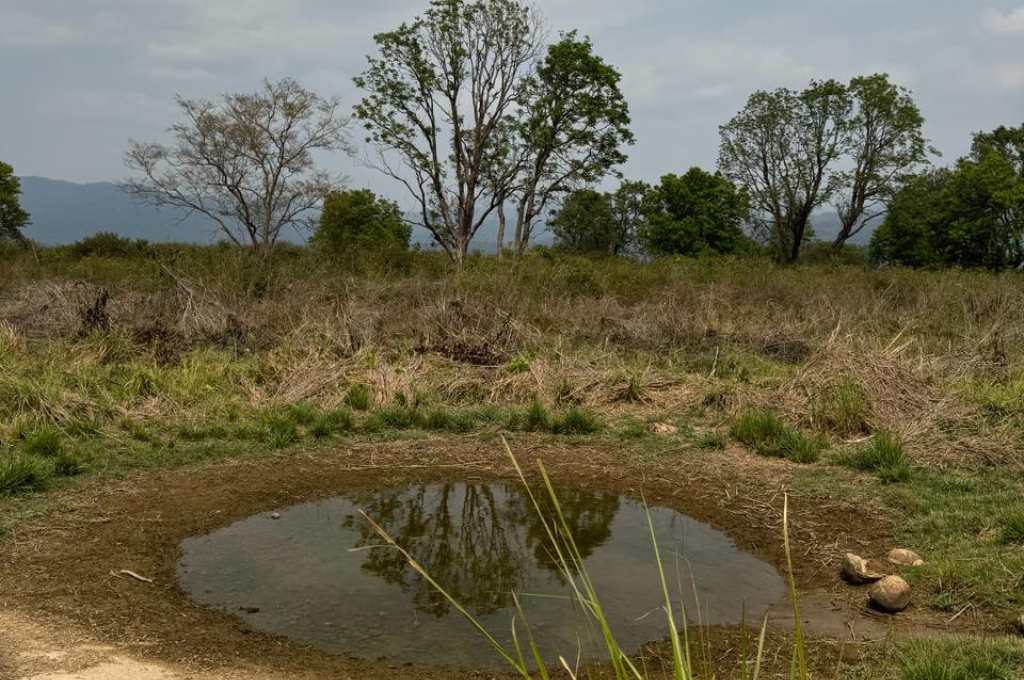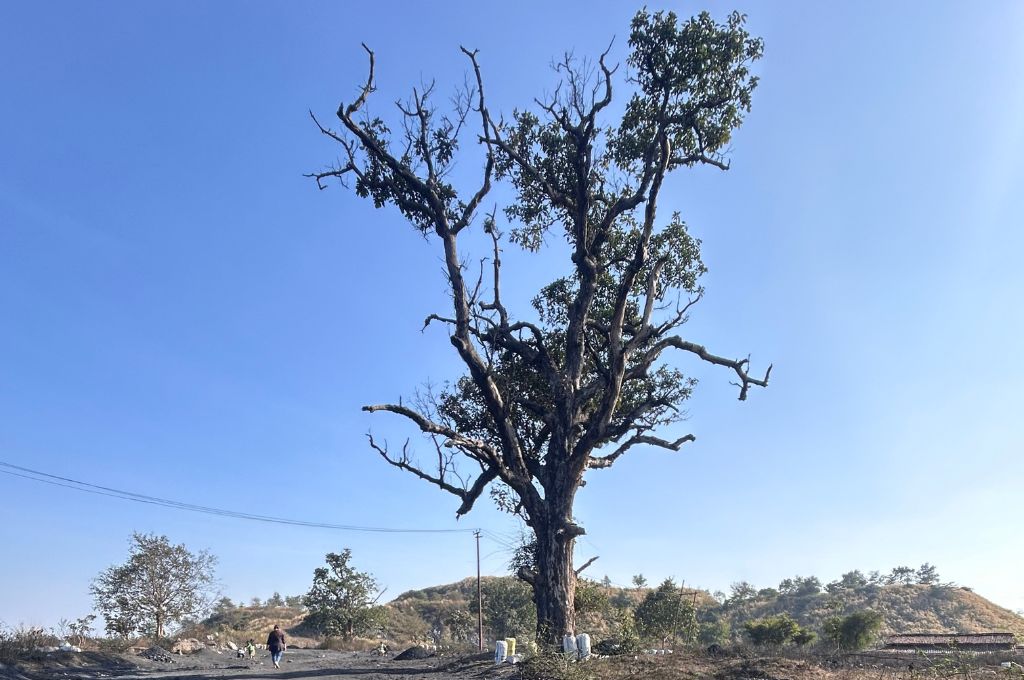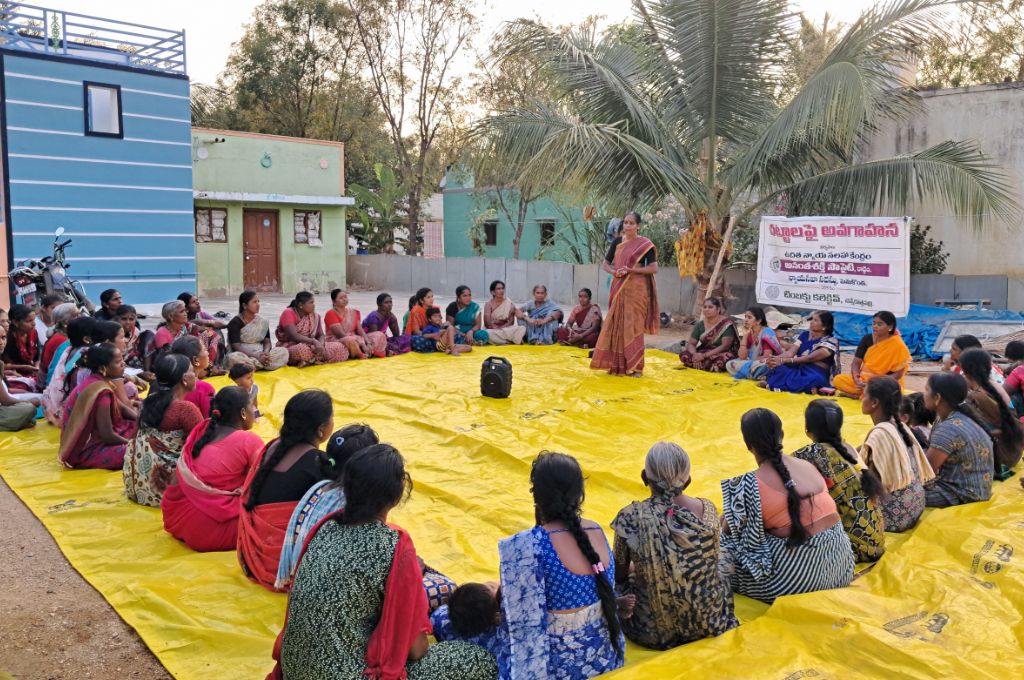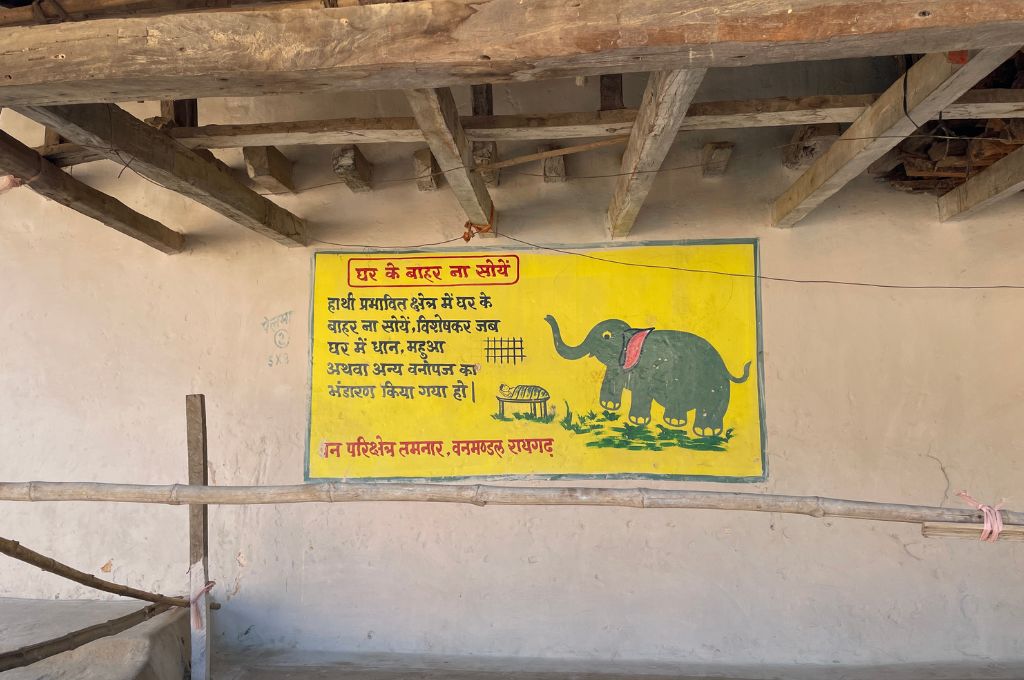READ THIS ARTICLE IN
Women farmers of Osmanabad mean business
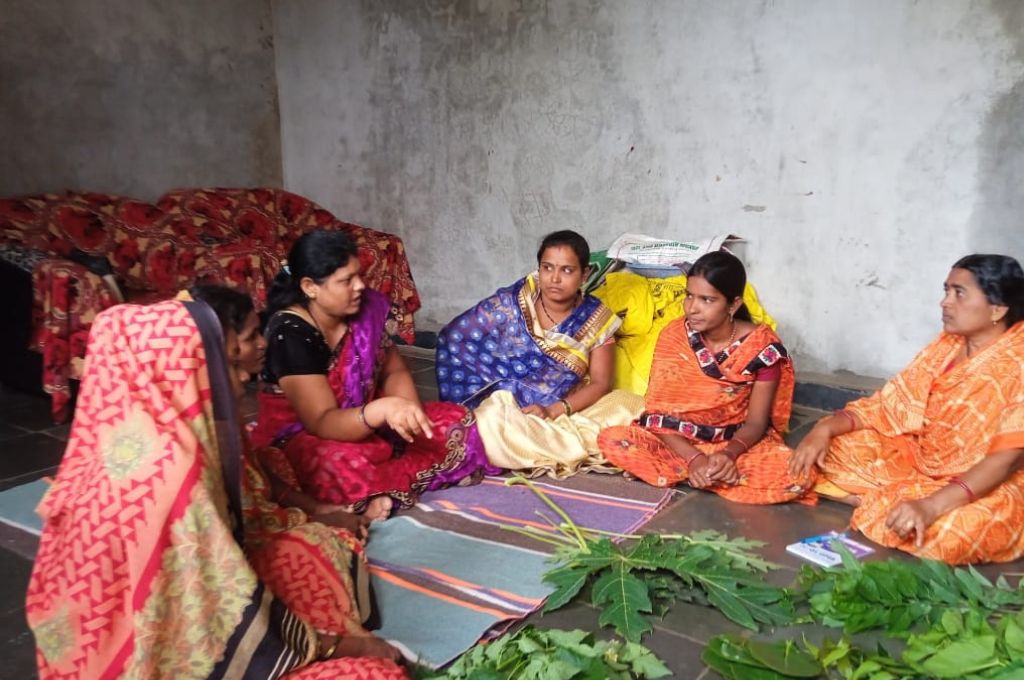
A job takes you in a single direction. It is restrictive, like a circle. Also, there are only a few of them. Business, on the other hand, is like sunlight. It spreads in every direction. In my first year as a farm owner practising farming using bio inputs, I earned approximately INR 70,000. Now, 13 years later, I own 4.5 acres of land and five allied businesses, including vermicomposting, poultry, and rearing goats and cows. I make INR 10 lakh annually.
Farming and agri-businesses have helped me and many women farmers like me to attain prosperity, health, food, and water security. It has also secured the future of our children. It is less expensive than farming with chemicals. It’s true that the returns take some time to start coming in, but in the long run it pays more.
My parents were farmers too, and the many challenges they faced had put me off farming. They lacked formal education and farm training, and people took advantage of this. They had to fight a 12-year court case against a relative to get their land back from him, which drained them of their resources. Further, their 2.5-acre land was far away from our village, and a half acre of it was entirely uncultivable.
It was only after I trained with Swayam Shikshan Prayog (SSP) that I realised the potential of owning land and animals. Women spend so much effort and time working on farms. Why shouldn’t they also be known as farmers and become entrepreneurs? As a sakhi and mentor for farmers with SSP, I have helped many women across 50 villages in negotiating with their families for titles to an acre of land. When they don’t own any, we help them lease land for money or crop sharing from other farmers. If they can’t get land for farming, I persuade them to start diverse agri-businesses such as poultry farming, animal husbandry, and producing vermicompost or organic pesticides such as azolla.
This model has also helped us stem migration. Sakhi Godavari Dange’s son has a bachelor’s degree in agriculture and can secure a government job. However, he prefers farming because he sees the advantages of it. Trainer and farmer Vaishali Balasaheb Ghuge left her job in a town nursery so she could be her own boss. Now she has her own farming business and two rooms for the training sessions she hosts. Her husband and son assist her in the growing business. During the pandemic, when migrants returned to villages, she could give many of them jobs in packaging and transporting her farm produce.
Starting farming and allied businesses has benefitted not only the women beneficiaries but also the entire community around them.
Archana Mane is a mentor–trainer for agriculture at Swayam Shikshan Prayog.
—
Know more: Read this story by a micro-entrepreneur who runs dry waste collection centres in Bengaluru.
Do more: Connect with the author at [email protected] to learn more about and support her work.

